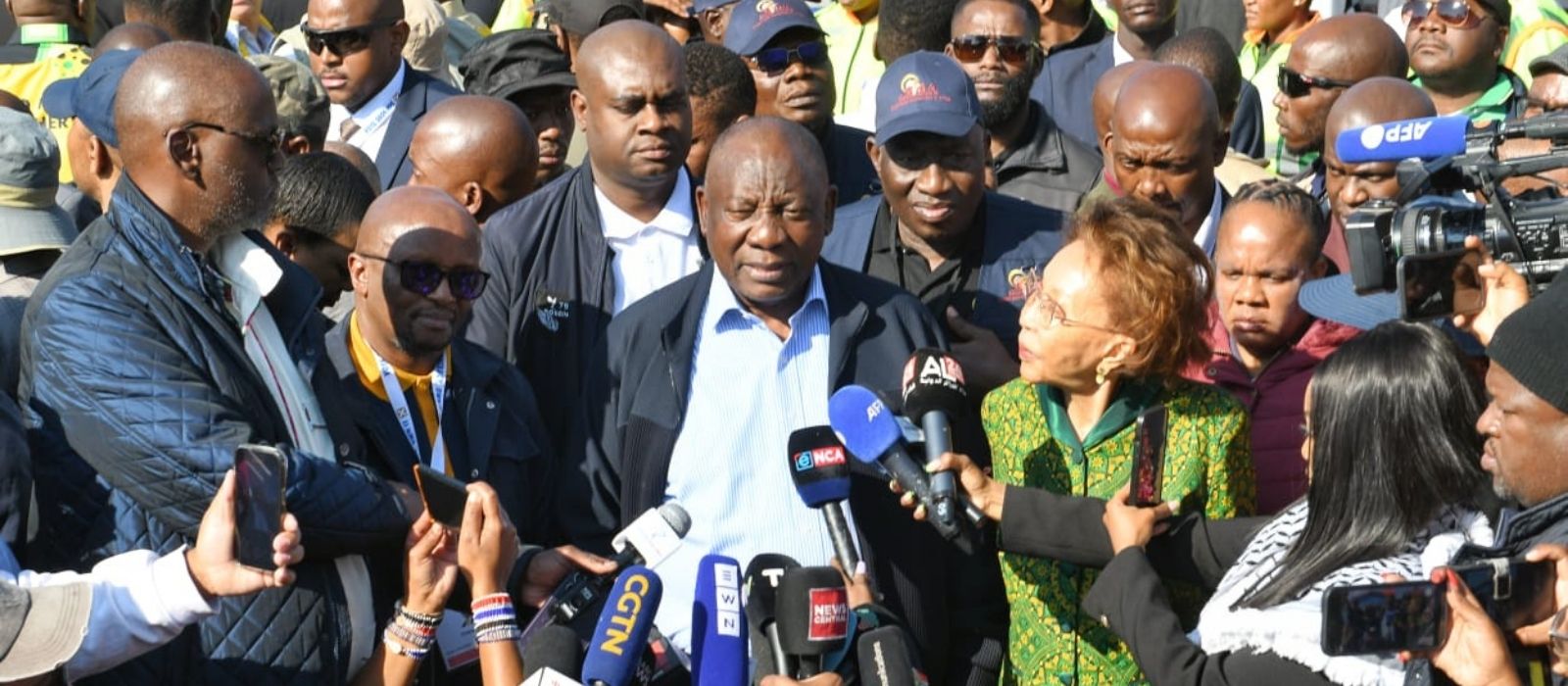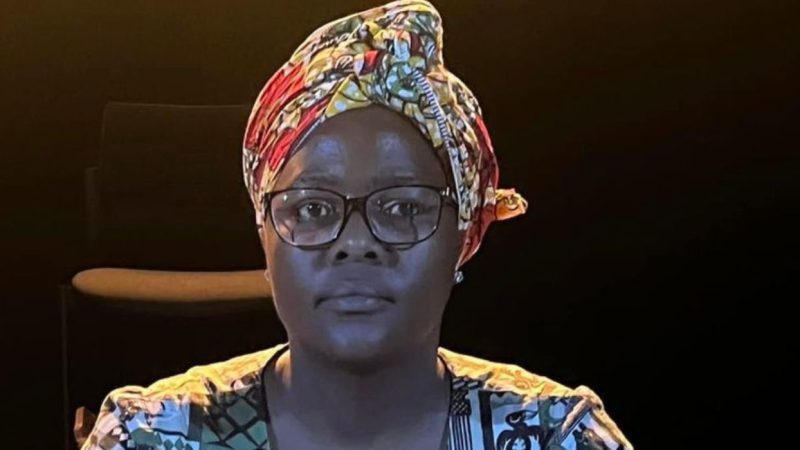ANC faces historic loss of majority in South Africa’s parliament

The recent election results in South Africa indicate that the African National Congress (ANC), one of Africa’s oldest revolutionary parties, has lost its majority in parliament for the first time since the country transitioned from the apartheid era.
Southern African politics has traditionally been dominated by revolutionary parties like ZANU PF in Zimbabwe, BDP in Botswana, CCM in Tanzania, Frelimo in Mozambique, MPLA in Angola, and SWAPO in Namibia. However, a wave of political change is sweeping across the region, with former opposition parties gaining power.
Countries such as Zambia, Lesotho, Malawi, and the DRC have witnessed transitions of political power from revolutionary parties to opposition parties.
South Africa’s Independent Electoral Commission (IEC) is concluding the announcement of national and provincial results. While the incumbent ruling party is projected to win the elections, it is unlikely to reach the 51% threshold needed to form a national government and elect the President without a coalition.
Many political analysts believe that factionalism within the ANC has contributed to the emergence of new parties in national and provincial parliaments, such as the Umkhonto we Sizwe party led by former ANC President Jacob Zuma. This division has played a significant role in the ANC’s decline.
Recent provincial results indicate that the Umkhonto we Sizwe party might govern the province of KwaZulu-Natal, once a stronghold of the ANC.
In the previous national parliament, the ANC held at least 230 seats, which translated to 57% of the vote. If the current trends continue, incumbent President Ramaphosa could become the first ANC leader to fail to maintain a parliamentary majority.
In 1994, under the leadership of the late President Mandela, the ANC won 62.5% of the national parliamentary seats. In 1999, under President Mbeki, the ANC’s votes increased to 66.36%, and in 2004, the party received 69.69% of the vote. In 2009, President Zuma was elected with 65.9% of the vote, a 4% decline attributed to the formation of the COPE party.
Five years later, the ANC’s national votes declined by 3% to 62.15%, and former President Zuma was re-elected. Analysts believe the expulsion of former ANC youth leader Julius Malema and the formation of the EFF party cost the ANC votes in 2014.
In 2019, the ANC received 57.5% of the vote, its biggest decline ever. The pressing question for South Africans and the world is whether President Ramaphosa will be the last ANC leader to be elected as Head of State by parliament. Another question is whether the ANC’s factionalism has been costing them votes annually, and which political parties will engage in coalitions to form provincial, regional, and national governments.
(Source of statistics: BBC Eye)





